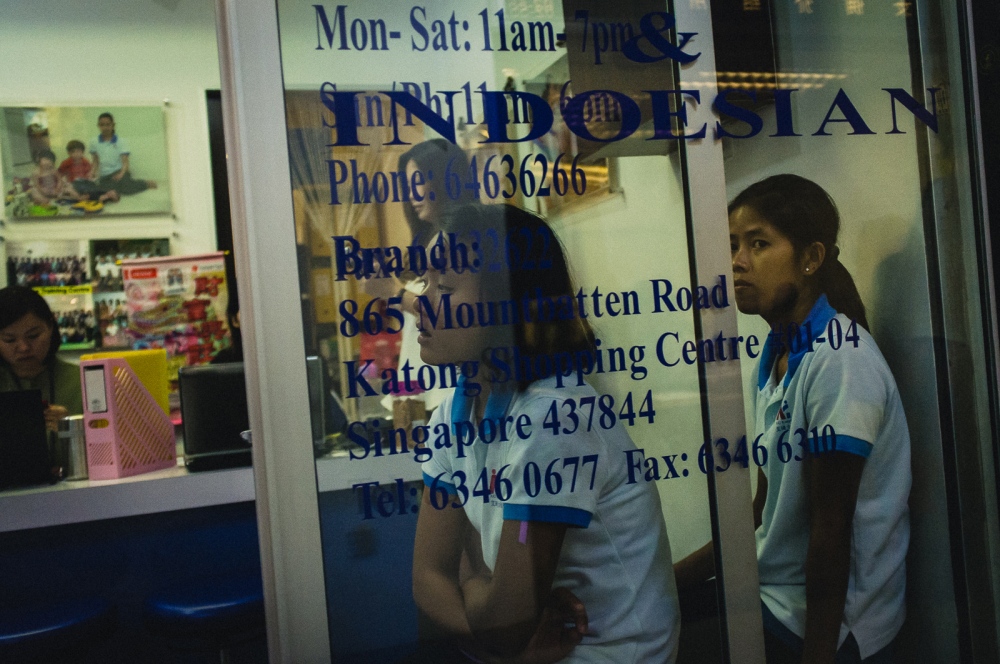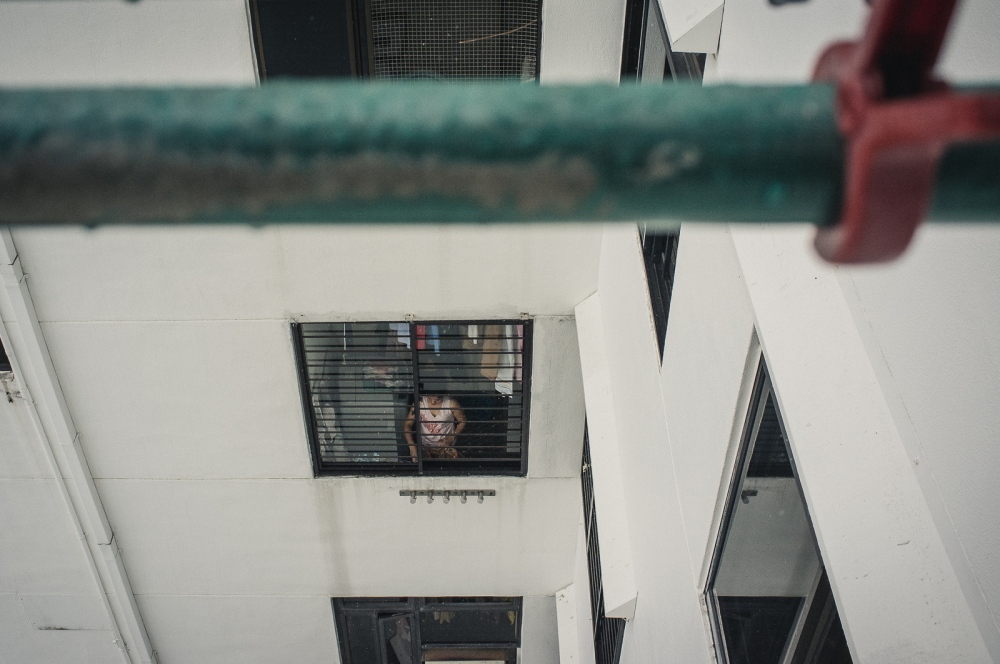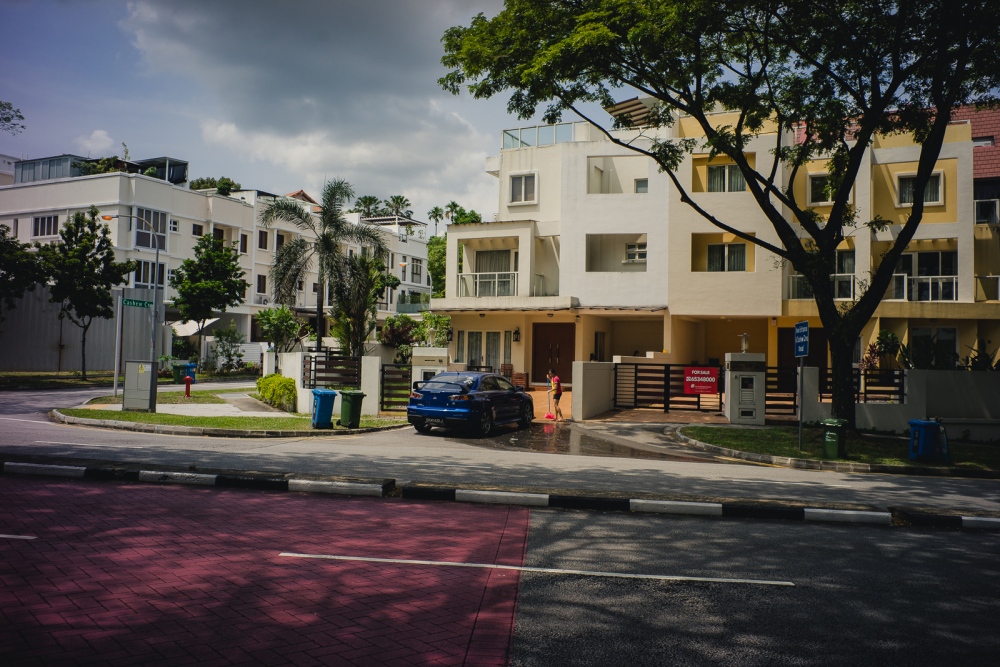Project Summary:
Around the world millions of households are serviced by women who have left their own homes and families to seek employment as foreign domestic workers.
Working long hours, often with little freedom they remit the majority of their wages to support their families. Disenfranchised from the society they serve, with little or no recourse to improve their working conditions, they experience abuse and mistreatment and in many cases struggle to save money for a future back home with their families.
Project Statement
While Singapore is generally seen as a clean, safe, developed nation it is also recognised as a place with a poor record of press freedoms, restrictions on civil and political rights and a government that is being increasingly seen as out of touch with the average citizen. As a society often lauded for its economic success, built in no small measure by cheap foreign labour, the Singapore government is keen to paint a picture of a harmonious society. The reality for many is in fact very different. With over 250 000 foreign domestic workers in a country of just over 5 million, this issue goes to the heart of society in Singapore and has an importance both for the island nation, the wider South East Asian region and beyond.
As academic Brenda S. Yeo noted, "Triply excluded from civil space by virtue of being women, domestics and non-citizens, the "˜place' of transnational domestic workers is arguably one of the most important social barometers of the process of democratisation in Singapore society.
Foreign domestic workers encounter a broad spectrum of experiences while working in Singapore. While there are laws to protect their rights to a certain degree, these are not equal to the local labour laws, or the standards of organisations such as the ILO (International Labour Organisation) and difficult to enforce given the nature of the work happens almost exclusively within in a private home.
While many domestic workers remit the majority of their wages, some are able to save money to invest in their future, or supported by their employers. Some use their one day off a week - provided their employer allows this in the first instance - to enroll in classes such as those offered by Aidha; a business school exclusively for foreign domestic workers.
Unfortunately not all domestic workers find themselves in a mutually respectful relationship with their employer. Abuse of domestic workers ranges from physical and verbal abuse, sexual assault, punitive action for perceived wrongs, violation of contracted rights and withheld pay. As Foreign domestic workers in Singapore are required by law to live with their employer, many who suffer abuses feel they have no choice but to run away and seek shelter with their embassy or NGOs such as HOME.
By examining the struggles faced by foreign domestic workers and the inspiring advances many are making to break the cycle of poverty I intend for this work to advance a better understanding of their plight, furthering conversations about gender, class and labour policies in Singapore and Asia.



































